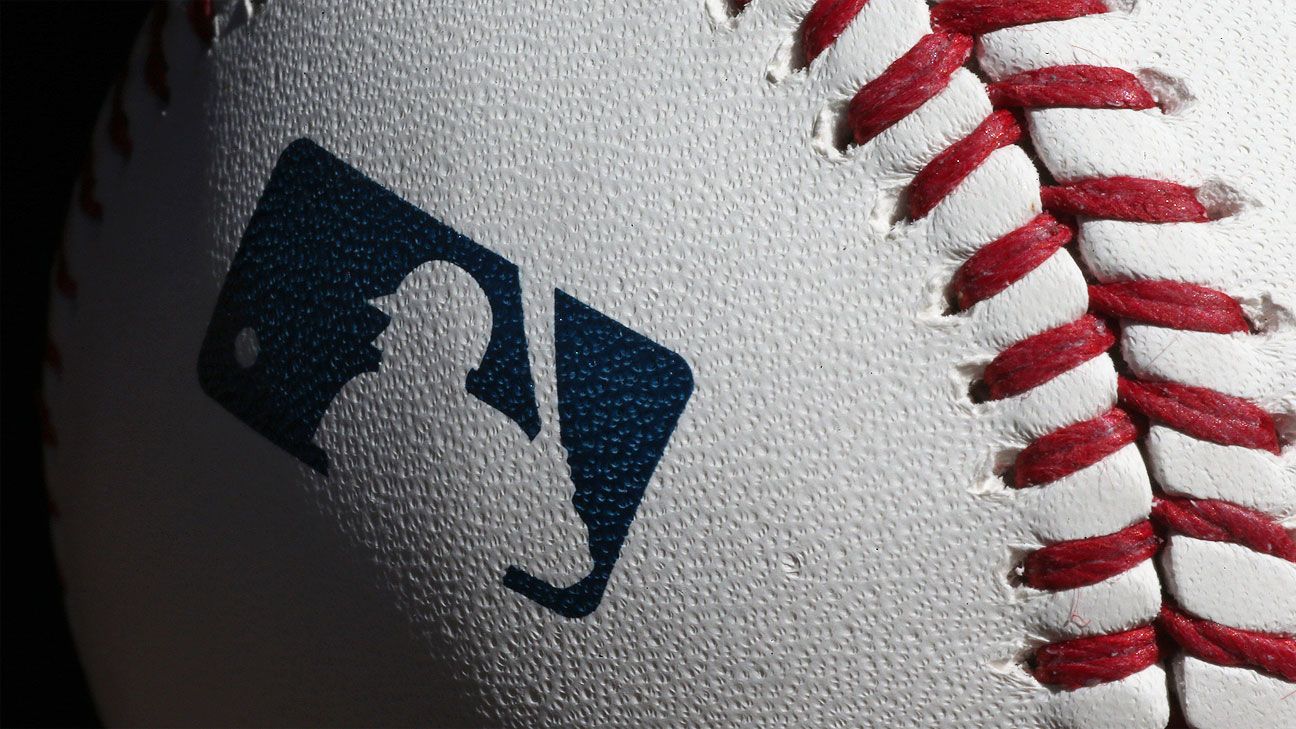
Major League Baseball on Friday announced its support of an initiative that would authorize online sports betting in California, becoming the first major sports league to take sides in the high-stakes battle between bookmaking giants and the state's powerful tribal gaming operators.
Two primary sports betting initiatives are on the November ballot. Proposition 26 would restrict betting to in-person only at tribal casinos and four horse racing tracks. Proposition 27 would allow online sports betting.
MLB is supporting Proposition 27, The California Solutions to Homeless and Mental Health Act. It is backed by a coalition of sportsbook operators, including DraftKings and FanDuel. A percentage of the revenue from Proposition 27 would be dedicated to fighting the homeless crisis in California.
DraftKings and FanDuel are among MLB's official betting partners. MLB, which has five franchises in California, has been an advocate of sports betting legalization since the U.S. Supreme Court in 2018 struck down the Professional and Amateur Sports Protection Act of 1992.
"As legalized sports betting continues to expand across the country, Major League Baseball remains committed to protecting the integrity of its games and creating a safe experience for fans who wish to wager on those games," MLB said in statement released Friday. "Proposition 27 -- the only measure on California's upcoming ballot that would authorize and regulate online sports betting -- includes strong integrity provisions designed to help MLB carry out those commitments.
"The measure would, for example, (1) require sports book operators to notify leagues of suspicious wagering activity, (2) allow leagues to propose restrictions on betting markets that are particularly susceptible to manipulation, and (3) facilitate other forms of integrity-related cooperation between the state, leagues, and operators. MLB believes that Prop 27 has the safeguards to create a safe and responsible online sports betting market in California -- a state with millions of MLB fans looking for alternatives to illegal offshore betting sites."
Proposition 26, The California Sports Wagering Regulation and Unlawful Gaming Enforcement Act, is supported by a coalition of tribes, led by Pechanga.
"A large and growing coalition of Indian Tribes, social justice advocates, teachers, parents, homeless and mental health advocates, business, public safety and labor leaders all strongly oppose Prop 27," Kathy Fairbanks, spokesperson for Yes on 26 and No on 27 campaigns, told ESPN in a statement. "The measure would legalize a massive expansion of online gambling that will turn every cell phone, laptop, gaming console and tablet into a gambling device. Worse, there's no fool-proof way to ensure kids aren't gambling online. The out-of-state gambling corporations funding Prop 27 wrote it so they take 90% of the profits out of state, leaving little for California. We're confident voters will reject this deceptive, dangerous measure in November."
Chris Gove, an investor in the sports betting space and partner in consulting firm Eilers & Krejcik Gaming, estimates that a mature, online sports betting market in California could generate as much as $3 billion in annual revenue. In comparison, industry trade publication VIXIO Gambling Compliance estimates retail-only sports betting would generate $356 million in annual gross revenue by the fifth year.















 Phone: (800) 737. 6040
Phone: (800) 737. 6040 Fax: (800) 825 5558
Fax: (800) 825 5558 Website:
Website:  Email:
Email: 






